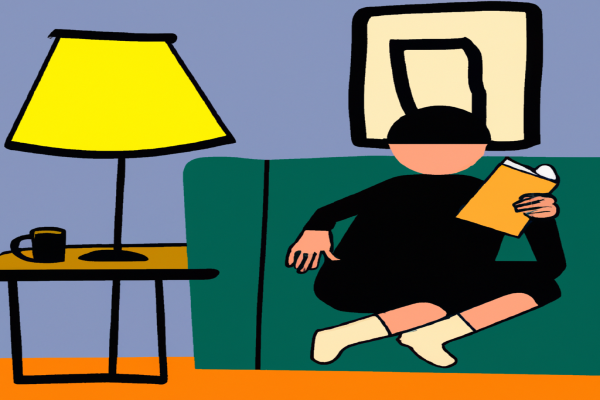Animal Farm: Summary

Animal Farm is a political satire written by George Orwell in 1945. Its main characters are the animals of Manor Farm, who rebel against their human master and take over the farm. The animals create a set of rules that they call Animalism, which states that all animals are equal and should not be treated unfairly. Unfortunately, two pigs, Napoleon and Snowball, begin to wield power over the other animals and eventually become oppressive rulers, with some of the other animals becoming their slaves. The story ends with the animals realizing that their lives on the farm have not improved under the new rule, and that they are still oppressed by their rulers.
Want to know more?
What is Animal Farm about?
Animal Farm is a classic allegorical novel by George Orwell that deals with the idea of revolution and power. It follows the animals of Manor Farm, who overthrow their human owners and take over, only to find themselves oppressed by the pigs who have taken control. The novel explores themes of totalitarianism, class struggle, and propaganda. It also looks at the idea of how power corrupts, as the pigs use violence and manipulation to maintain their control over the other animals. Ultimately, Animal Farm is a cautionary tale about what can happen when those in power become too greedy and oppressive.
Animal Farm: Book Club Questions
- How does the novel illustrate the power of propaganda?
- What are the implications of Animal Farm's allegorical message?
- How is Napoleon able to gain control and maintain it throughout the novel?
- What themes of class struggle or oppression can be seen in the novel?
- In what ways does the novel portray human nature?
- Does Animal Farm ultimately offer a hopeful or pessimistic outlook?
- How does the setting of Animal Farm reflect its themes and messages?
- How do major characters in Animal Farm represent real-life people or ideas?
- What impact does Snowball's expulsion from Animal Farm have on the plot?
- How is language used as a tool of manipulation in Animal Farm?
What to say about Animal Farm
- Animal Farm is a timeless classic that has become an iconic piece of literature.
- The allegorical nature of the novel is especially powerful in its ability to represent political events of the time.
- George Orwell's use of symbolism throughout the novel is particularly effective in conveying his messages.
- It is fascinating to observe how the characters evolve and change as the story progresses.
- Animal Farm provides a unique insight into the power dynamics of oppressive regimes, and how they can be overcome through collective action.
- The morality explored in Animal Farm is complex and thought-provoking, making it an engaging read.
- The satire present in the novel makes it both entertaining and educational at the same time.
- The themes present in Animal Farm are still relevant today, making it a timeless story with modern-day implications.
- The literary devices employed by George Orwell make Animal Farm an enjoyable read for readers of all ages and backgrounds.
- The characters in Animal Farm serve as relatable representations of human behaviour, offering readers a valuable lesson in understanding their own actions and motivations.
Top 5 Quotes from Animal Farm
- "All animals are equal, but some animals are more equal than others."
- "Four legs good, two legs bad."
- "No one believes more firmly than Comrade Napoleon that all animals are equal. He would be only too happy to let you make your decisions for yourselves. But sometimes you might make the wrong decisions, comrades, and then where should we be?"
- "The creatures outside looked from pig to man, and from man to pig, and from pig to man again; but already it was impossible to say which was which."
- "If liberty means anything at all, it means the right to tell people what they do not want to hear."
Adaptations of Animal Farm
TV: - Animal Farm (1999, UK) - Animal Farm (1954, UK) Film: - Animal Farm (1954, US/UK) - Animalympics (1980, US/Japan) - Animal Farm: A Musical Adventure (2004, US/New Zealand) Radio: - Animal Farm (1975, BBC Radio 4, UK) - Animal Farm (1982, BBC Radio 4, UK) Podcast: - The Orwellian Podcast (2019, US/UK) - a podcast about George Orwell's novel Animal Farm and related themes. Theatrical: - Animal Farm (1996, West End Theatre, London, UK).
Other books by George Orwell
- Down and Out in Paris and London
- Burmese Days
- A Clergyman's Daughter
- Keep the Aspidistra Flying
- Coming Up for Air
- The Road to Wigan Pier
- Homage to Catalonia
- The Lion and the Unicorn: Socialism and the English Genius
- Animal Farm: A Fairy Story
- Nineteen Eighty-Four
Did you know?
Animal Farm is the only book written by George Orwell that was published during his lifetime.




